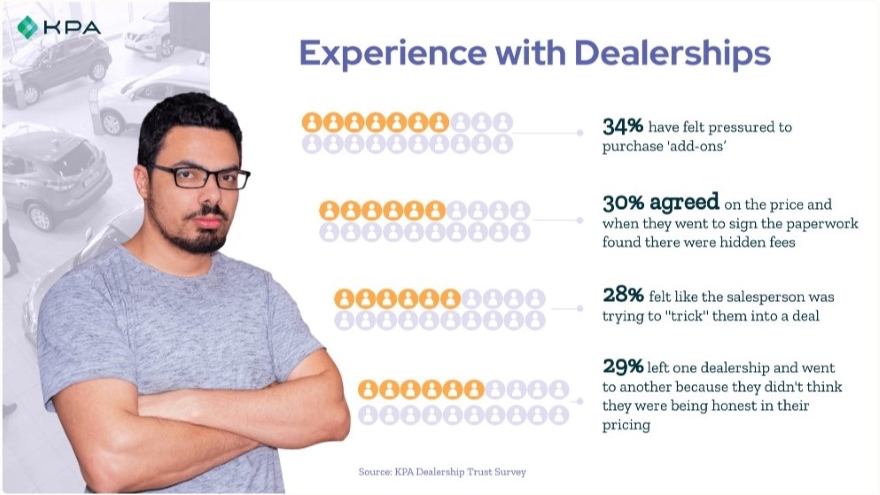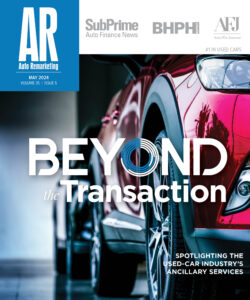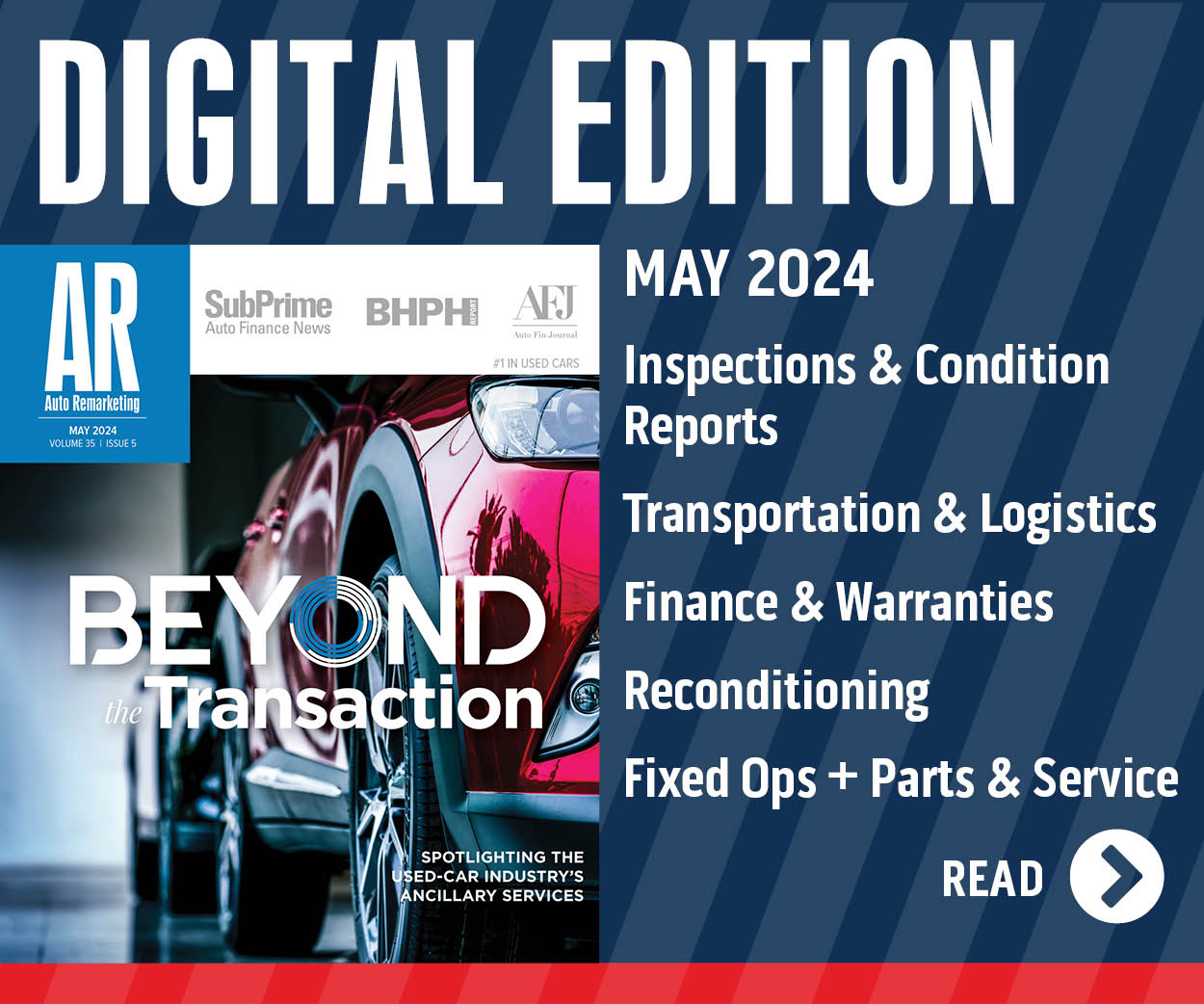Survey shows consumers have little trust in dealerships

Image courtesy of KPA.
While one-third of Americans say they have experienced issues such as deceptive selling, hidden fees or dishonest salespeople at car dealerships, more than three-fourths don’t trust dealerships to be honest about their prices, according to a survey released by KPA, a provider of compliance consulting and training for auto dealerships.
The 2024 KPA Dealership Trust Survey, conducted by The Harris Poll, found 34% have felt pressured to purchase “add-ons” during their vehicle purchase, while 30% said they found hidden fees on the paperwork after they had agreed on a price, 28% felt a salesperson was trying to “trick” them into a deal, and 29% left one dealership and went to another because they didn’t think it was being honest in its pricing.
The perception of dealerships among the 2,098 adults surveyed was overwhelmingly negative, with 76% saying they don’t trust dealerships to be honest about pricing, 86% concerned about hidden fees when buying or leasing a vehicle, and 84% believing price transparency is lacking at most car dealerships.
KPA said the takeaway for dealers is to be familiar with the regulations regarding auto sales, including the Federal Trade Commission’s pending Combating Auto Retail Scams Rule — implementation of which is currently delayed while it’s being contested in court — as well as other FTC rules around pricing transparency, financing, unnecessary add-ons and keeping customer information secure.
Dealerships that don’t follow these laws and regulations can face fines from the FTC of $50,000 or more per violation, as we as making the dealership appear less trustworthy to potential customers.
“Buying or leasing a vehicle is a major financial decision for many Americans,” KPA CEO Chris Fanning said. “KPA partners with dealerships to help them operate in compliance with current regulations while also building trust with their customers and earning their dollars.”
Fanning recommended four ways to work toward compliance and build consumer trust.
Create a dedicated compliance team: The team should include key department stakeholders. including marketing, sales, accounting and finance.
Establish key performance indicators: Identify goals and timelines for achieving compliance and track progress along the way.
Review the “Three Ps”: Programs, plans and policies should be reviewed to identify gaps. Develop new ones that include CARS Rule compliance.
Conduct training and certification: Employees should be trained on CARS Rule compliance when they’re hired – and throughout the year.
KPA’s report on the survey results is available here.

 View The Latest Edition
View The Latest Edition

